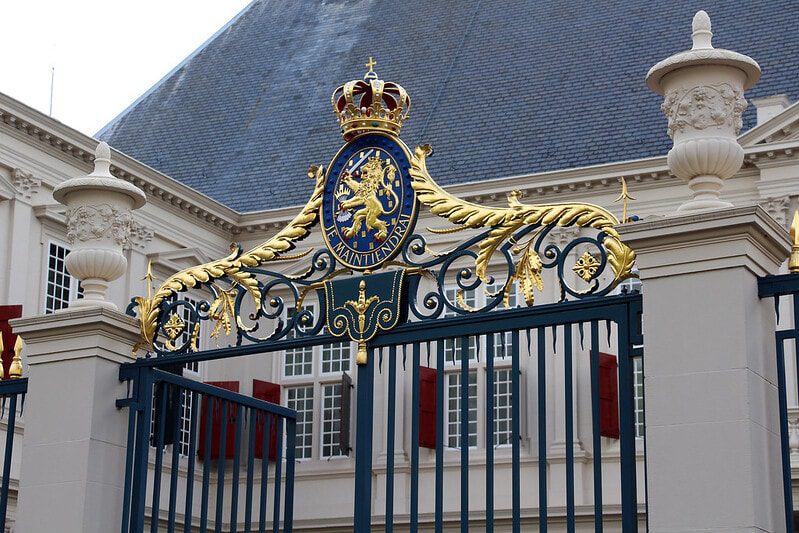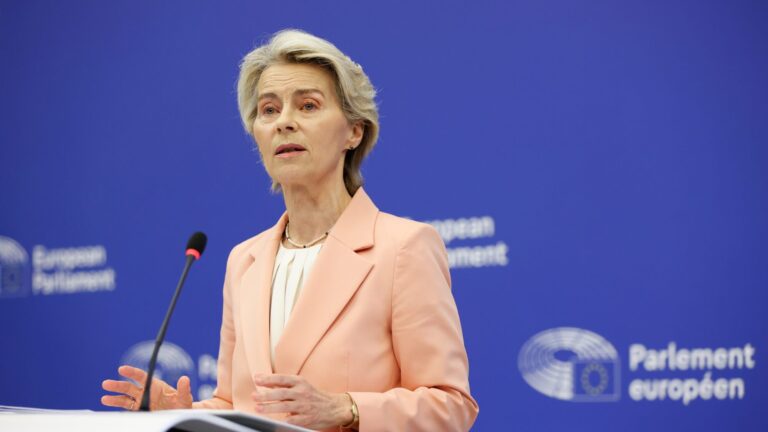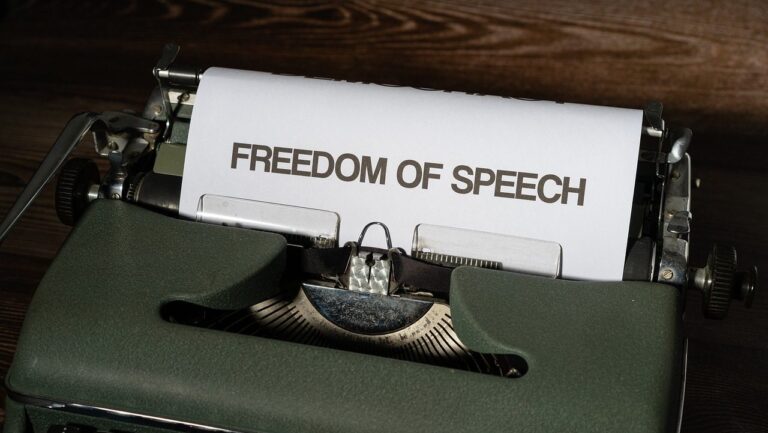Dutch Prime Minister Mark Rutte’s fourth successive coalition government has been sworn in, Het Parool reports.
Unofficially governed for almost 300 days—a record—after the last election, and a year after Rutte’s previous administration was forced to resign over a child welfare scandal, the Dutch now have their government.
On Monday, several new government officials joined a few former cabinet ministers in a public declaration to provide political service. Six ministers swore an oath before King Willem-Alexander in the Balzaal of Palace Noordeinde, while nine made a promise. There is, at least legally, no difference between the two types of vows. With an oath, a minister swears to God (“so help me God Almighty”); with a promise (“that I declare and promise”), he does not. Only a handful of ministers of Rutte’s previous cabinet, six, retained their positions.
At 4:00 p.m. local time, the first official minister’s council took place in the Rolzaal, behind the Ridderzaal on the Binnenhof. In pre-corona times, these were held in the Trêveszaal.
Minister of Finance and Democrats 1966 (D66) leader Sigrid Kaag was unable to attend however. She announced yesterday that she had tested positive for COVID-19, and was required to go into quarantine. This marked the first time that a Dutch minister was sworn in digitally.
Although the coalition consists of the same four parties that have been in charge since 2017, it took almost 10 months to bring them back together after the inconclusive election of 17 March 2020.
It was last month that all parties finally agreed on an ambitious government pact. While heavy on social spending, with the aid of low interest rates, the historically budgetary-conscious Dutch hope to modernize their country—not in the least when it comes to climate policy. The Netherlands is still among the most polluting countries within the European Union.
Sustainable energy, housing, childcare, and education will receive the bulk of their attention, but the public health risk which the omicron variant poses is its first order of business. By Friday, the government needs to decide whether its strict lockdown of last December can be eased.
Although Rutte’s coalition is a step forward, it lacks prized political capital. Infighting and the lack of a comprehensive policy on COVID-19 especially have damaged Dutch citizens’ trust to a great extent. That distrust is observed in the many anti-government demonstrations, often accompanied by violence on both sides, and several ministers having received death threats. Only last week, a man carrying a burning torch was arrested at the house of Sigrid Kaag.
Should all go well for him, Rutte is to become the longest-serving prime minister in Dutch history by August. While observing the ceremony’s proceedings, a Dutch reporter for Nederlandse Omroep Stichting (NOS) labeled Rutte—also nicknamed ‘teflon Mark’—“a political survivor, now with a new club.”





